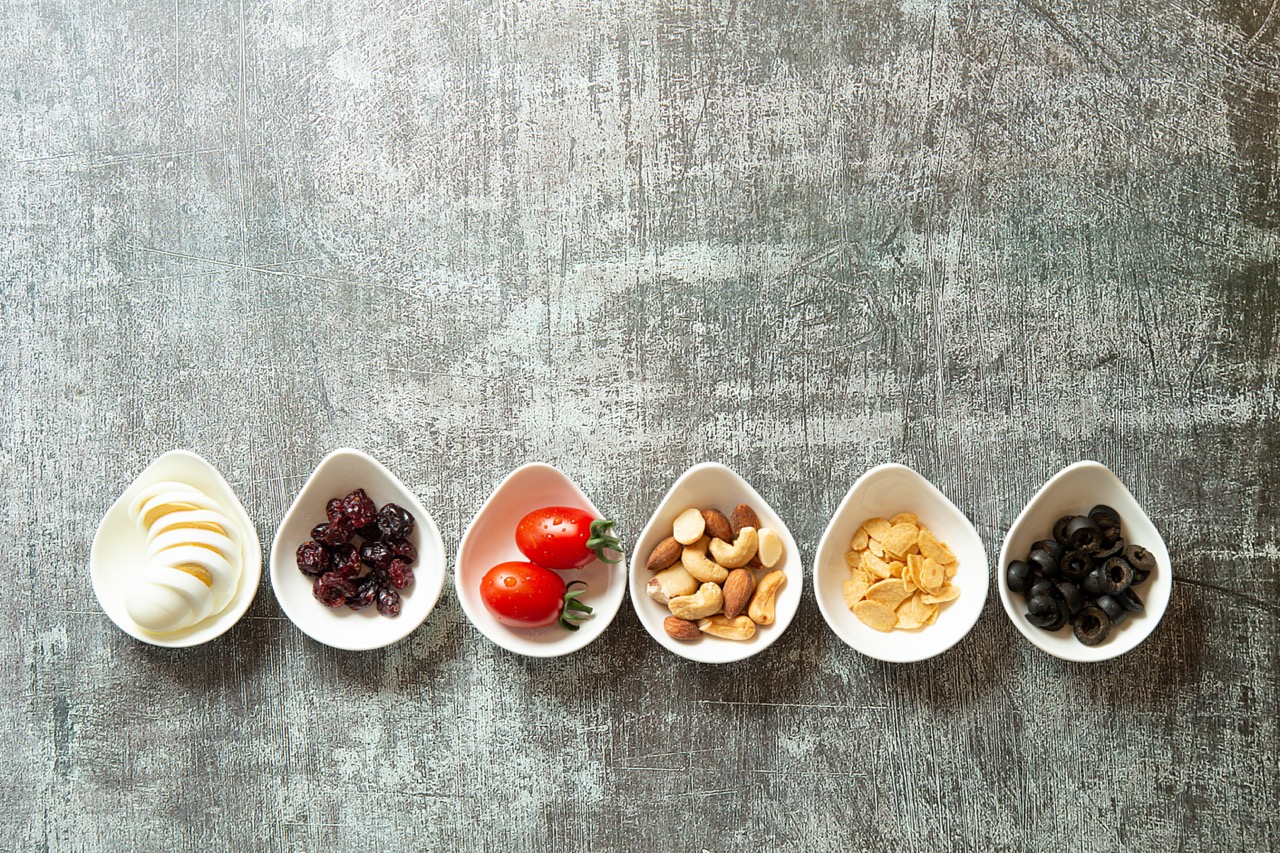Diet Culture dun dun dun…..
My favorite definition of the term diet culture comes from a pioneer in the field of Intuitive Eating, Christy Harrison. On her website, she defines it as a system of beliefs that:
“Worships thinness and equates it to health and moral virtue, promotes weight loss as a means of attaining higher status, demonizes certain ways of eating while elevating others and oppresses people who don’t match up with its supposed picture of ‘health.’ I’d like to take a moment to share my thoughts around these things that diet culture represents in our culture at large. And why, if you are living in a body in 2024, diet culture inevitably affects you.“
First on the fact that diet culture is a system of beliefs. We often don’t question them as they, as our beliefs, are the normal paradigm for us. It has become normal to think that thinness is better. It has become normal to pursue weight loss instead of being content where you are. It has become normal to see foods as good or bad, healthy or unhealthy. So it has become acceptable to assume that those in larger bodies are unhealthy based on size alone.
I was 2 years old (I repeat, 2 years old) telling people that I wanted to be skinny when I grew up. I’m not sure where that messaging came from but honestly, where didn’t it come from. In many circles and families bodies are often the topic of conversation. And my 2 year old self understood that very early on – that it was better to be thin in our society. But it’s true, thin people are seen as more valuable, more healthy, more put together. It’s a fallacy, but one that we’ve accepted as truth without knowing the behaviors of an individual.
Diet culture tells us that we should always be fixing our bodies. Making them thinner, more toned, less wrinkled, less flawed. People in the highest echelons of society are constantly taking a pill, getting a surgery, etc., to be more socially regarded. It’s not uncommon that female celebrities are under the most scrutiny and that we have some sort of weird obsession with their bodies and how well they age. The tabloids love to poke fun when someone’s body changes and we’ve just come to find that normal.
Diet culture is the home of food morality. Some foods are bad, while others are good. Some cultures get it right while others don’t. More restrictive diets and lifestyles are considered better while processed and convenience foods get blamed for the world’s health issues. If you are wealthier and/or have more time on your hands, you are able to eat a way that others aren’t and you are applauded for it.
Finally, diet culture normalizes treating people in larger bodies poorly. People in larger bodies are mocked and poked fun at while people who are naturally thin give them advice on how to be healthier. It’s messed up.
As a result of all of the above, people subject themselves to the dieting rollercoaster. They restrict, experience weight loss, and, more often than not, gain it back and have to start all over. This weight cycling is detrimental to our health and causes all sorts of metabolic diseases, but we don’t talk about that. Just that being in a larger body is unhealthy.
Besides the physical ramifications of dieting, this rollercoaster makes us more obsessed with food, and oftentimes increases shame and guilt around food. It’s a vicious cycle, and it’s incredibly harmful for our physical and mental well-being.
The alternative?
Breaking free of the beliefs that got us here and beginning the process of creating a healthy relationship with food. One not based on rules but rather what our bodies need from us. Ready to start that journey? I’d love to hear from you!

